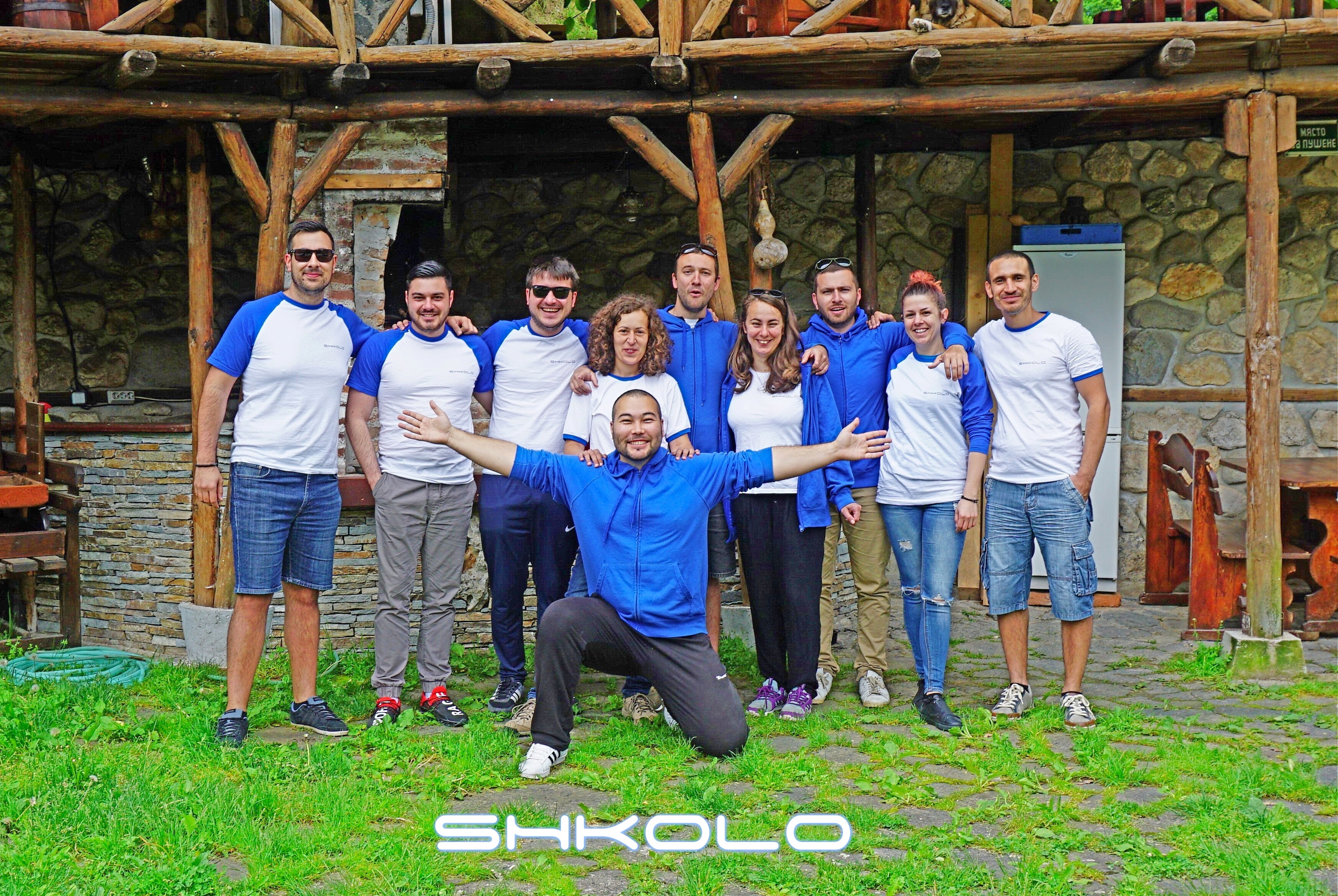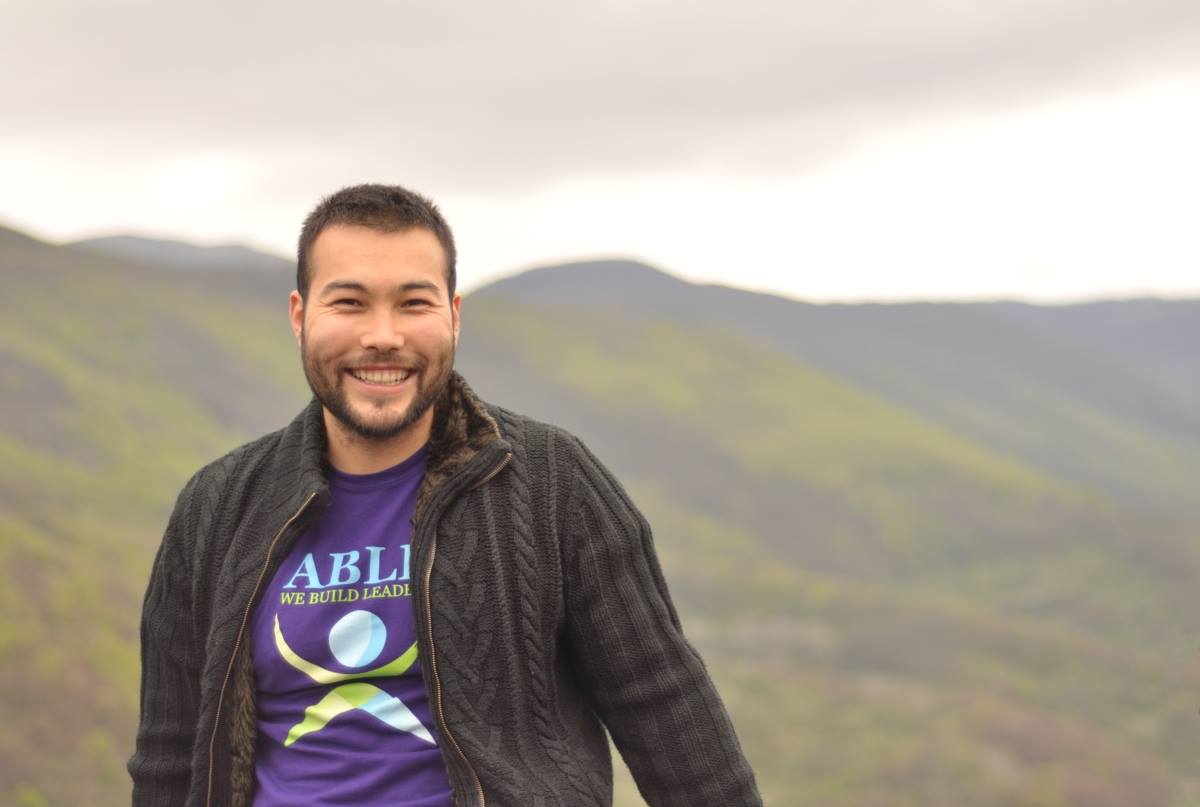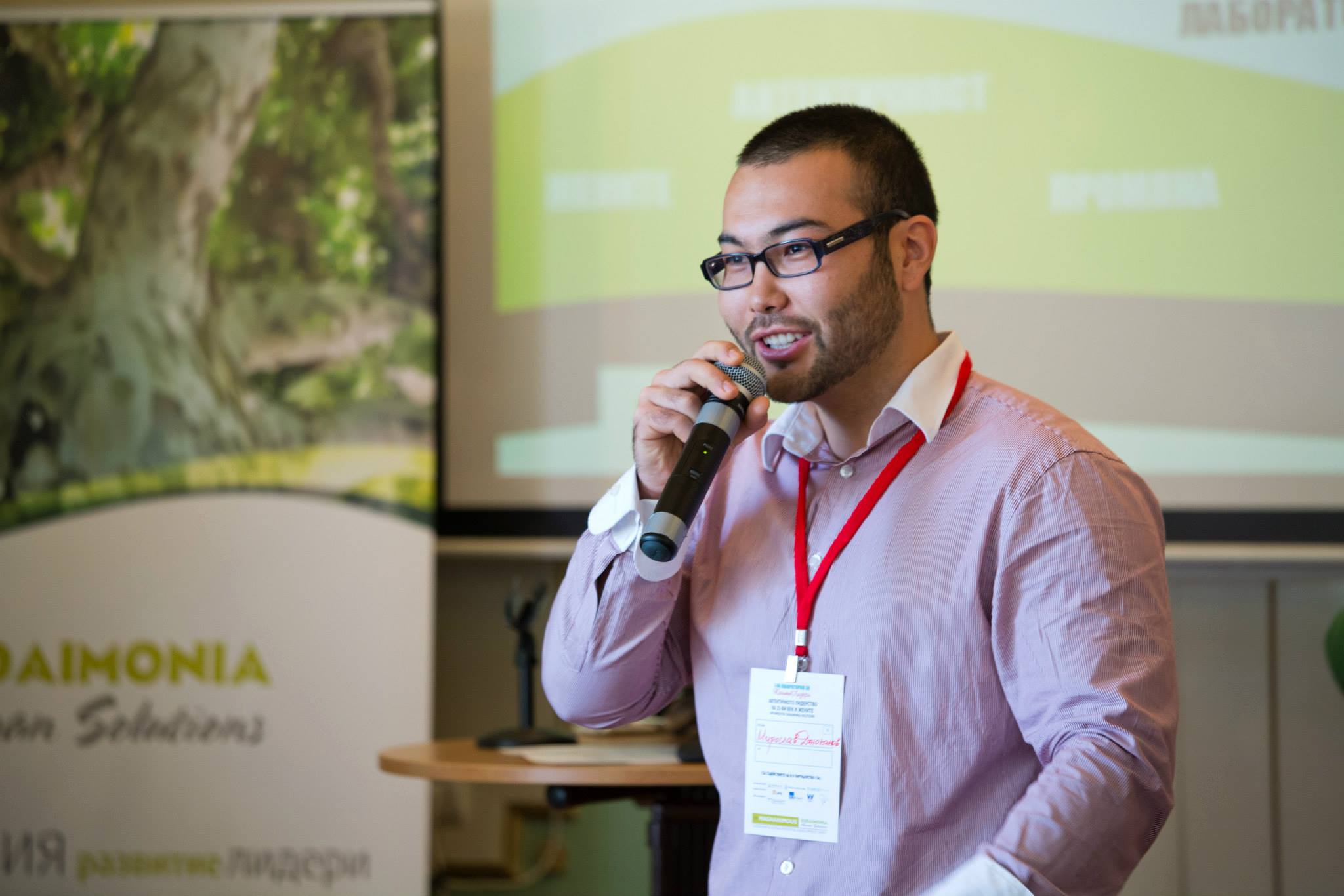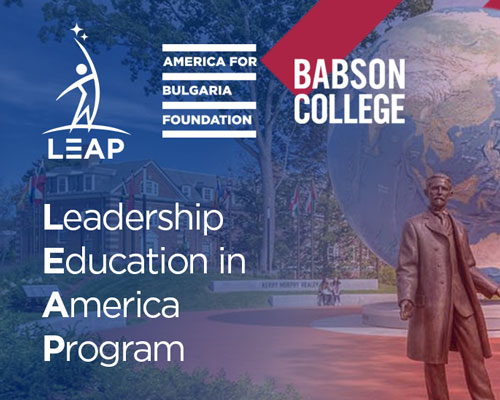A father receives a message that his 16-year-old son isn’t in biology class. He is surprised because he just dropped him off at school. He texts his son, who texts back that he actually is in class, but the teacher hadn’t entered this in the class’s electronic diary, and the student shows up as absent. The issue is resolved in a matter of minutes, and the “absence” is excused.
This lightning-speed resolution would have been unimaginable until recently, and the father would not have even found out about the absence, because the only available channels of information for parents were student gradebooks (which sometimes mysteriously disappeared) and teacher-parent meetings, which most parents don’t go to, especially in bigger cities.

This instant communication is now possible thanks to Shkolo.bg, an innovative product that has been on the market for only a year and a half but has already made a significant impact on parents’ engagement in the learning process and their communication with teachers. The product is now used by more than 500 of the 2,400 schools in Bulgaria, and more than 100,000 parents enter the Shkolo app every day to check how their kids are doing. Shkolo.bg ranks among the 30 most-visited websites in the country.
Involving parents in their children’s education is just one of the goals of Shkolo.bg and its creator, Miroslav Dzhokanov. The platform aims to automate all school management processes, thus enabling schools to focus on their most important task—educating young people. Through Shkolo, teachers will be able to exchange learning materials and experience, principals will be better informed about their teams’ work and their schools’ ranking, and school administrators will be able to organize events and communicate directly with parents, as well as analyze data from the system. Shkolo will also play a preventive role, alerting educators and parents about worrisome trends in student behavior in order to offer timely, adequate help and keep students from dropping out.

Miroslav started Shkolo in early 2017, leaving behind a comfortable life and a successful career in one of the largest IT companies in Bulgaria. Why? He responds with a question, “What man is a man who doesn’t make the world better?” explaining, “The comfort and security of the corporate world are very tempting, but I feel I would be more useful to Bulgaria and the world doing something else.”
This motto has informed all of Miroslav’s endeavors, which include participation in ABF’s Summer Entrepreneurship Program, membership in the Board of Directors of the Association of Bulgarian Leaders and Entrepreneurs (ABLE), a stint as lecturer at Sofia University, and an active role in the public debate on education in Bulgaria.
Of all his undertakings, Shkolo best reflects Miroslav’s idealism, foresight, and out-of-the-box thinking. The Shkolo software, which he built with his own resources, aims to help Bulgarian schools enter the 21st century through the digitization of the school management process and through greater parental involvement in education. Instead of creating a widely applicable product that quickly adapts to different markets, Miroslav and his team developed a platform tailored to the needs of the Bulgarian education system, which implies limited scalability. In the field of educational technologies, however, one-size-fits-all solutions like Google’s and Microsoft’s do not always work, Miroslav says. “There is added value in tailor-made products.”

The results speak for themselves, and the lightning-speed success of Shkolo has generated interest outside Bulgaria as well. Recently, the Shkolo team received a request for information from the Bavarian Ministry of Education, which is interested in developing a similar product for the local market. And although Miroslav’s plans do not include geographic expansion at this time, he is confident that Shkolo has the potential to change education both in Bulgaria and across Eastern Europe. At present, Miroslav has two goals—to help inaugurate the first fully digital schools in Bulgaria this fall and support the creation of interactive textbooks.
“I want to look back one day and take pride in the fact that 500, 1,000, or 5,000 schools are working more efficiently thanks to the choice I made in 2017,” Miroslav says.

